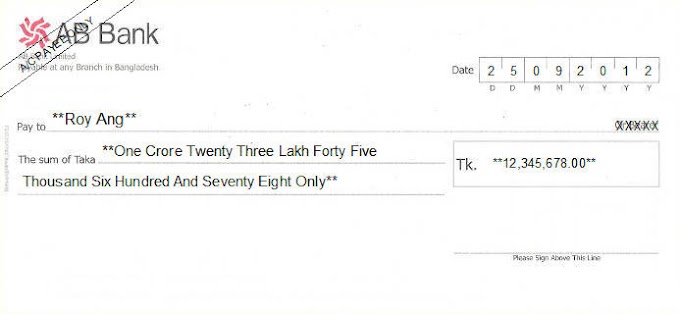Introduction:
Navigating your career path involves more than just performing well in your current role; it requires proactive planning and effective communication with your superiors. Clearly articulating your career goals and aspirations to your boss is crucial for gaining the support and guidance you need to achieve your professional objectives. This guide will help you structure a constructive conversation with your boss, ensuring your career ambitions align with the company's goals and open up opportunities for growth and development.
Conveying your career goals and aspirations to your boss effectively involves clarity, preparation, and a constructive attitude. Here's a structured approach to guide you through this process:
1. Self-Assessment:
Before discussing with your boss, understand your own career goals and aspirations. Reflect on:
- Short-term goals: Achievements you aim to accomplish within the next year or two.
- Long-term goals: Your vision for the next 510 years.
- Skills and strengths: Your current skills and how they align with your goals.
- Areas for development: Skills or experiences you need to develop.
2. Research and Planning:
- Company goals and opportunities: Understand your company’s mission, values, and long-term goals. Identify opportunities that align with your aspirations.
- Career pathways: Research potential career pathways within your organization.
3. Scheduling the Conversation:
- Request a meeting: Ask for a dedicated time to discuss your career development. This shows that you take the conversation seriously.
- Prepare an agenda: Outline the key points you want to discuss, including your career goals, current role, achievements, and areas where you seek support.
4. Structuring the Discussion:
Introduction:
- Purpose: Clearly state the purpose of the meeting. Example: “I wanted to discuss my career development and seek your guidance on how I can align my goals with the company’s objectives.”
Highlighting Your Achievements:
- Current role and accomplishments: Briefly summarize your current role, key responsibilities, and recent achievements. This sets a positive tone and demonstrates your value to the organization.
Starting Your Career Goals:
- Short-term and long-term goals: Clearly articulate your career goals. Example: “In the short term, I aim to take on more project management responsibilities, and in the long term, I aspire to move into a leadership position within the company.”
Seeking Guidance and Support:
- Feedback and advice: Ask for your boss’s feedback on your goals. Example: “I’d appreciate your insights on the skills I need to develop to achieve these goals.”
- Development opportunities: Discuss specific opportunities for growth, such as training programs, mentorship, or new projects. Example: “Are there any upcoming projects where I could gain experience in project management?”
Collaboration and Action Plan:
- Mutual goals: Discuss how your career aspirations align with the company’s goals. Example: “I believe my development in this area could help advance our team’s objectives by...”
- Action plan: Work together to outline a clear action plan. Set specific, measurable steps and timelines. Example: “Could we set quarterly checking to review my progress and adjust the plan as needed?”
5. Follow-up:
- Document the discussion: Summarize the key points and action items from the meeting and share them with your boss.
- Regular checking: Schedule regular follow-up meetings to discuss your progress and any new opportunities or challenges.
Example Script:
- Introduction: “Thank you for meeting with me today. I wanted to discuss my career development and seek your guidance on how I can align my goals with the company’s objectives.”
- Achievements: “In the past year, I have successfully led the XYZ project, which resulted in a 15% increase in efficiency. I’ve also streamlined our reporting process, saving the team valuable time each week.”
- Career Goals: “Looking ahead, I’m very interested in expanding my role to include more project management responsibilities. In the next 35 years, I aspire to move into a leadership position within the company, focusing on strategy and innovation.”
- Seeking Guidance: “I’d appreciate your feedback on these goals and any advice you might have. Are there specific skills or experiences you think I should focus on developing?”
- Development Opportunities: “I’m particularly interested in any upcoming projects where I could gain experience in project management. Additionally, I’d like to explore training programs or mentorship opportunities within the company.”
- Action Plan: “Could we set up a plan to work towards these goals, perhaps with quarterly checking to review my progress?”
By approaching the conversation in this structured manner, you demonstrate professionalism, clarity, and a proactive attitude, making it easier for your boss to provide the support and guidance you need.
Conclusion:
Effectively communicating your career goals and aspirations to your boss is a pivotal step toward achieving your professional ambitions. By preparing thoroughly, articulating your achievements and goals clearly, and seeking constructive feedback and guidance, you pave the way for mutual growth and success. Remember, regular follow-ups and adjustments to your plan will keep you on track and demonstrate your commitment to both your personal development and the organization's objectives. Taking charge of your career in this manner not only enhances your prospects but also strengthens your value within the company.











Please do not enter any spam link in the comment box.